Artificial intelligence (AI) has become an integral part of our daily lives, from voice assistants to self-driving cars. With the increasing demand for AI technology, businesses are turning to AI tools to automate their operations and enhance customer experiences. However, with so many AI tools available in the market, it can be overwhelming to choose the best one for your business needs. This is where a comparison of the best AI tools can come in handy. In this article, we will take a closer look at the top AI tools available in the market, comparing their features, pricing, and user experiences. Whether you’re looking for a chatbot, image recognition, or natural language processing tool, this comparison will help you make an informed decision and choose the right AI tool for your business. So, let’s dive in and explore the world of AI and its best tools!

What are AI tools and their benefits for businesses?
AI tools are software programs that use machine learning algorithms and natural language processing to perform various tasks that would typically require human intelligence. These tools are designed to automate repetitive tasks, analyze large amounts of data, and make predictions based on patterns and trends. AI tools can be used in many different industries, including healthcare, finance, retail, and manufacturing, to name a few.
One of the key benefits of AI tools for businesses is increased efficiency. With AI tools, businesses can automate time-consuming tasks, such as data entry and customer service inquiries, freeing up employees to focus on more critical tasks. AI tools can also help businesses make better decisions by analyzing large amounts of data and identifying patterns and trends that human analysts may miss.
Another benefit of AI tools is improved customer experiences. Chatbots, for example, can provide 24/7 customer service and respond to inquiries in real-time, improving response times and reducing customer wait times. Image recognition tools can also be used to enhance customer experiences by identifying customer preferences and making personalized product recommendations.
Overall, AI tools can help businesses increase efficiency, improve decision-making, and enhance customer experiences.
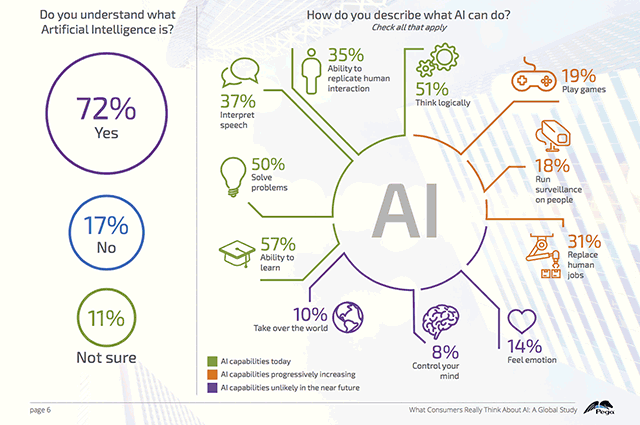
Overview of the most popular AI tools available in the market
There are many AI tools available in the market, ranging from chatbots to image recognition and natural language processing tools. Here’s a brief overview of some of the most popular AI tools available in the market:
Chatbots
Chatbots are AI-powered software programs that simulate human conversation. They can be used to provide customer service, answer frequently asked questions, and even sell products. Chatbots can be deployed on websites, social media platforms, and messaging apps, and can be trained to recognize and respond to specific keywords and phrases.
Image recognition tools
Image recognition tools use computer vision technology to analyze and identify images. They can be used to identify objects, people, and even emotions in images. Image recognition tools can be used in many different industries, including healthcare, retail, and manufacturing.
Natural language processing (NLP) tools
NLP tools use machine learning algorithms to analyze and understand human language. They can be used to automate customer service inquiries, analyze customer feedback, and even generate content. NLP tools can be used in many different languages, making them a valuable tool for businesses with a global presence.
Predictive analytics tools
Predictive analytics tools use machine learning algorithms to analyze data and make predictions about future trends and events. They can be used to forecast sales, identify potential risks, and even optimize marketing campaigns. Predictive analytics tools can be used in many different industries, including finance, healthcare, and e-commerce.

Comparison of AI tools based on features, pricing, and user experiences
Now that we’ve looked at the most popular AI tools available in the market let’s compare them based on their features, pricing, and user experiences.
Best AI tools for chatbots
There are many different chatbot platforms available in the market, each with its own unique features and pricing. Some of the best chatbot platforms include:
1. Dialogflow
Dialogflow is a natural language processing platform that allows businesses to build chatbots that can understand and respond to natural language. It offers a range of features, including machine learning, speech recognition, and sentiment analysis. Dialogflow is a cloud-based platform and offers a free plan as well as paid plans starting at $15 per month.
2. Botpress
Botpress is an open-source chatbot platform that allows businesses to build chatbots using a drag-and-drop interface. It offers a range of features, including natural language understanding, conversation management, and integration with third-party platforms. Botpress is a self-hosted platform, and the community edition is available for free.
3. ManyChat
ManyChat is a chatbot platform that allows businesses to build chatbots for Facebook Messenger. It offers a range of features, including automated messages, audience segmentation, and integration with third-party platforms. ManyChat offers a free plan as well as paid plans starting at $10 per month.
When choosing a chatbot platform, it’s essential to consider factors such as ease of use, customization options, and integration with other platforms.
Best AI tools for image recognition
Image recognition tools can be used in many different industries, from healthcare to retail. Here are some of the best image recognition tools available in the market:
1. Amazon Rekognition
Amazon Rekognition is an image recognition tool that uses machine learning algorithms to analyze images and videos. It can be used to identify objects, people, and even emotions in images. Amazon Rekognition is a cloud-based platform and offers a range of features, including facial recognition, object and scene detection, and celebrity recognition. It offers a free tier as well as paid plans starting at $1 per 1,000 images processed.
2. Google Cloud Vision
Google Cloud Vision is an image recognition tool that uses machine learning algorithms to analyze images and videos. It can be used to identify objects, people, and landmarks in images. Google Cloud Vision is a cloud-based platform and offers a range of features, including facial recognition, object detection, and image labeling. It offers a free tier as well as paid plans starting at $1.50 per 1,000 images processed.
3. IBM Watson Visual Recognition
IBM Watson Visual Recognition is an image recognition tool that uses machine learning algorithms to analyze images and videos. It can be used to identify objects, people, and even text in images. IBM Watson Visual Recognition is a cloud-based platform and offers a range of features, including facial recognition, object detection, and image classification. It offers a free plan as well as paid plans starting at $0.60 per 1,000 images processed.
When choosing an image recognition tool, it’s essential to consider factors such as accuracy, speed, and integration with other platforms.
Best AI tools for natural language processing (NLP)
NLP tools can be used to automate customer service inquiries, analyze customer feedback, and even generate content. Here are some of the best NLP tools available in the market:
1. Google Cloud Natural Language
Google Cloud Natural Language is an NLP tool that uses machine learning algorithms to analyze and understand human language. It can be used to extract insights from text, analyze sentiment, and even identify entities and relationships. Google Cloud Natural Language is a cloud-based platform and offers a range of features, including entity recognition, sentiment analysis, and content classification. It offers a free tier as well as paid plans starting at $0.01 per 1,000 units.
2. Amazon Comprehend
Amazon Comprehend is an NLP tool that uses machine learning algorithms to analyze and understand human language. It can be used to extract insights from text, analyze sentiment, and even identify entities and relationships. Amazon Comprehend is a cloud-based platform and offers a range of features, including entity recognition, sentiment analysis, and topic modeling. It offers a free tier as well as paid plans starting at $0.0001 per unit.
3. IBM Watson Natural Language Understanding
IBM Watson Natural Language Understanding is an NLP tool that uses machine learning algorithms to analyze and understand human language. It can be used to extract insights from text, analyze sentiment, and even identify entities and relationships. IBM Watson Natural Language Understanding is a cloud-based platform and offers a range of features, including entity recognition, sentiment analysis, and content classification. It offers a free plan as well as paid plans starting at $0.003 per unit.
When choosing an NLP tool, it’s essential to consider factors such as accuracy, ease of use, and integration with other platforms.
Best AI tools for predictive analytics
Predictive analytics tools can be used to forecast sales, identify potential risks, and even optimize marketing campaigns. Here are some of the best predictive analytics tools available in the market:
1. Google Cloud AutoML
Google Cloud AutoML is a predictive analytics tool that uses machine learning algorithms to build custom models. It can be used to analyze data and make predictions about future trends and events. Google Cloud AutoML is a cloud-based platform and offers a range of features, including image and text analysis, as well as natural language processing. It offers a free tier as well as paid plans starting at $0.60 per hour.
2. Amazon SageMaker
Amazon SageMaker is a predictive analytics tool that uses machine learning algorithms to build custom models. It can be used to analyze data and make predictions about future trends and events. Amazon SageMaker is a cloud-based platform and offers a range of features, including time series forecasting, anomaly detection, and image and text analysis. It offers a free tier as well as paid plans starting at $0.10 per hour.
3. IBM Watson Studio
IBM Watson Studio is a predictive analytics tool that uses machine learning algorithms to build custom models. It can be used to analyze data and make predictions about future trends and events. IBM Watson Studio is a cloud-based platform and offers a range of features, including data visualization, predictive modeling, and natural language processing. It offers a free plan as well as paid plans starting at $0.10 per hour.
When choosing a predictive analytics tool, it’s essential to consider factors such as accuracy, ease of use, and integration with other platforms.



Factors to consider when choosing an AI tool for your business
When choosing an AI tool for your business, there are several factors to consider, including:
1. Features
The features of an AI tool are essential to consider when choosing the right tool for your business needs. Some tools may offer more advanced features than others, which may be necessary depending on the type of task you want to automate.
2. Pricing
Pricing is another essential factor to consider when choosing an AI tool for your business. Some tools may offer a free tier, while others may charge based on the number of units processed or hours used.
3. User experience
The user experience of an AI tool is also important to consider. Some tools may have a steep learning curve, while others may be more intuitive and easy to use.
4. Integration
Integration with other platforms is also an essential factor to consider when choosing an AI tool for your business. Some tools may integrate seamlessly with other platforms, while others may require additional development work.
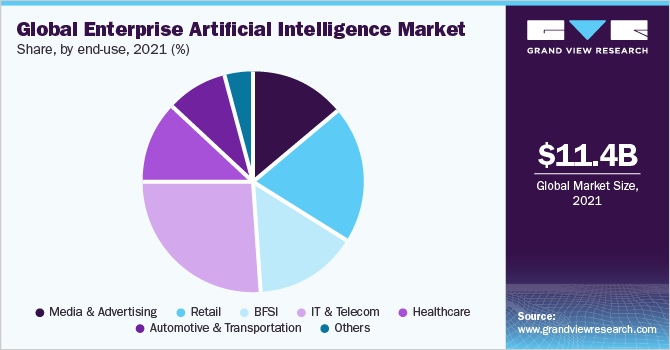
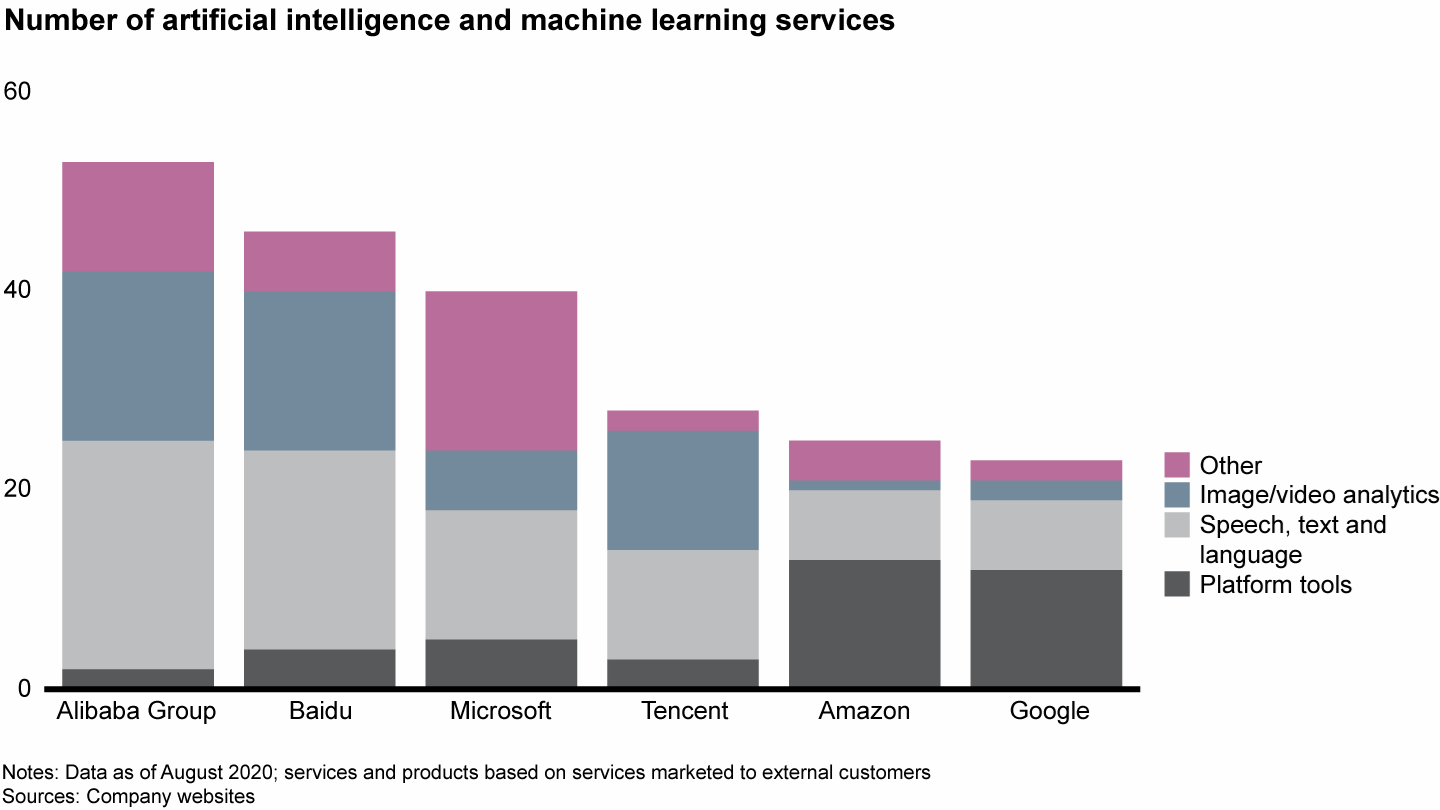
Conclusion and final thoughts on the best AI tools available in the market
In conclusion, AI tools can help businesses increase efficiency, improve decision-making, and enhance customer experiences. When choosing an AI tool for your business, it’s essential to consider factors such as features, pricing, user experience, and integration with other platforms. Some of the best AI tools available in the market include Dialogflow, Amazon Rekognition, Google Cloud Natural Language, and Google Cloud AutoML. By choosing the right AI tool for your business needs, you can take advantage of the many benefits that AI technology has to offer.
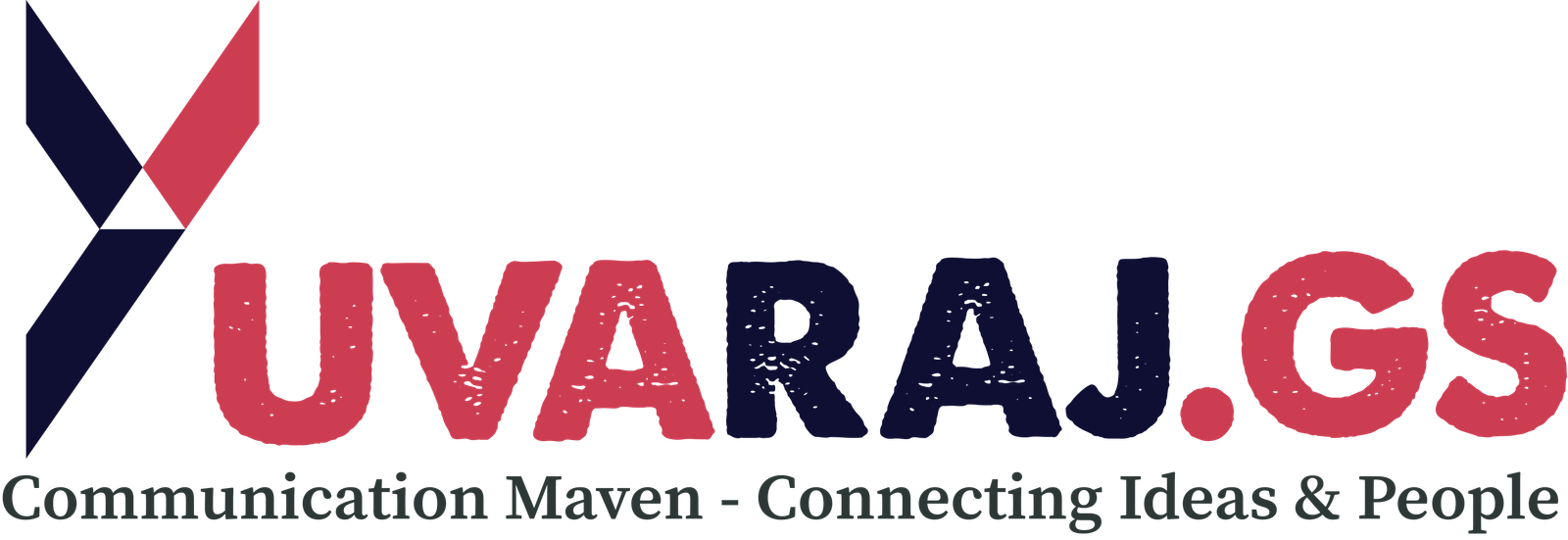








[…] Battle of the Titans: The Ultimate Comparison of Top AI Tools in the Market. […]